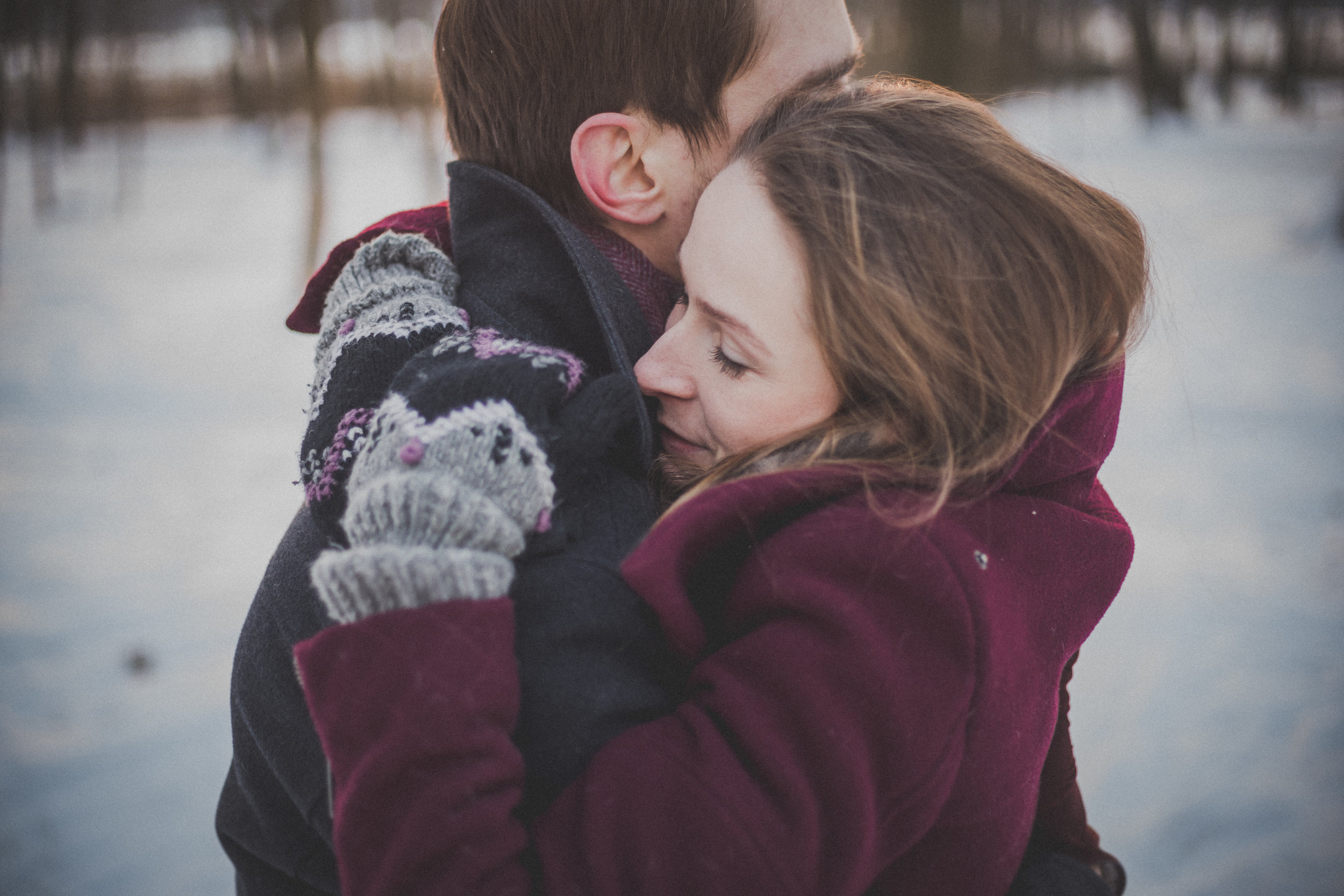Part 3 in a Series: Over-stressed and Overwhelmed — We’re Not Taking Care Of Ourselves
Making self-care a priority isn’t easy — but it’s critical to our well-being. My last two posts offered insights from experts on why self-care is so important and why women seem to struggle with self-care. Several of my colleagues talked about the negative consequences that we can experience if we don’t take care of ourselves. So the question remains: How can we make self-care a part of daily life, without adding stress to our life, or our to-do list? Here’s some suggestions:
Take a moment each day to simply pause and feel peace. In that moment, be aware of the breath, maybe close the eyes, find a smile on the face and feel it in the heart. Just simply pause... and feel peace. — Julie Blamphin, Stretch Your Spirit, Annapolis, Md.
Hug someone you love — more than once a day, if possible. (Pets count!!) Hugs. They heal. They connect. They remind you what it feels like to receive support. They remind you that you're not alone. They release oxytocin and serotonin: aka The Cuddle Drugs. They make you want to get closer and they make you feel a part of something cozy, and warm, and LOVE. Hugs are the physical manifestation of love. And as a Self Proclaimed LoveGeek, I advocate for more love, always. — Robyn D’Angelo, LMFT, The Happy Couple Expert, Laguna, Calif.
Mindfully check in with yourself, intentionally, at multiple points throughout each day. Use your breath to connect with your inner self and ask, what do I need? Then wait and listen. The first dozen times I did this, I would receive an answer and immediately discount it, thinking, “That can't be it.” But it was! It might be as simple as '” need water” or “I need to go to the bathroom.” It can be surprising to realize how often we simply ignore those basic needs that our body tries to tell us to attend to. — Laura Reagan, LCSW-C, Therapy Chat Podcast, Severna Park, Md.
Pay attention to things you are already doing that could be transformed into self-care. If you are already feeling overwhelmed, do not feel like you have to add more things onto your plate. Rather than wolfing down your lunch at your desk, actually enjoy and savor your food. If you’re in the car, put on music that you love listening to rather than surfing the radio stations getting frustrated. Look for opportunities to connect and enjoy your experiences that are already present. — Agnes Wainman, Ph.D., C. Psych., London Psychological Services, London, Ontario
Incorporate micro self-care into your day. Taking care of yourself doesn’t necessarily mean you have to go on a weekend spa retreat (although that sounds amazing). Micro self-care means adding small, regular habits into your daily routine that allow you to feel re-energized, more balanced and better able to cope with your day. In an article on micro self-care in Psychotherapy Networker, Ashley Davis Bush, points out that a one-minute grounding exercise, such as listening awareness or breath awareness, at the beginning or in the middle of your day can help keep your focus on the here and now, and you’ll worry less about what’s next. — Elizabeth Cush, MA, LGPC, Progression Counseling, Annapolis, Md.
You can also listen to the Therapy Chat Podcast Episode #50 where more therapists share their personal favorite self-care tips.
I hope you’ve found this series on self-care to be helpful. If you’d like some support as you make self-care a greater priority in your life, call me for a free 15-minute phone consultation at 410-340-8469.
Photo by Freestock and Daniela Cuevas, for Unsplash.com
Elizabeth Cush, MA, LGPC is an Annapolis counselor who works to help people manage their stress and anxiety. She owns and operates Progression Counseling in Annapolis, MD.






